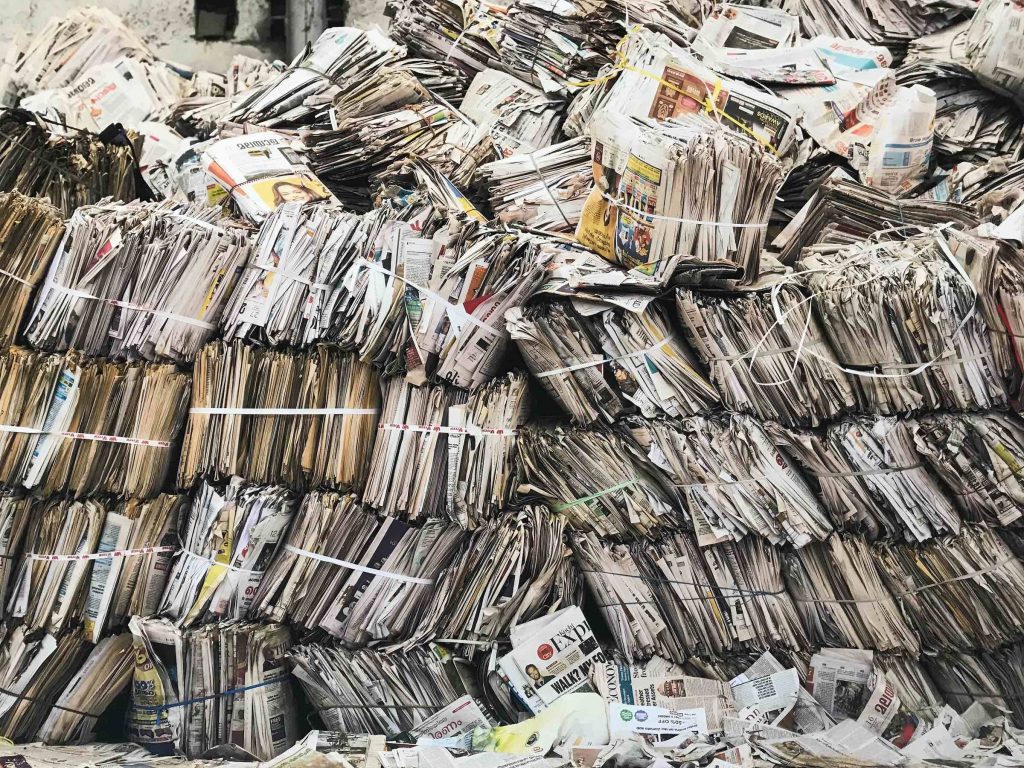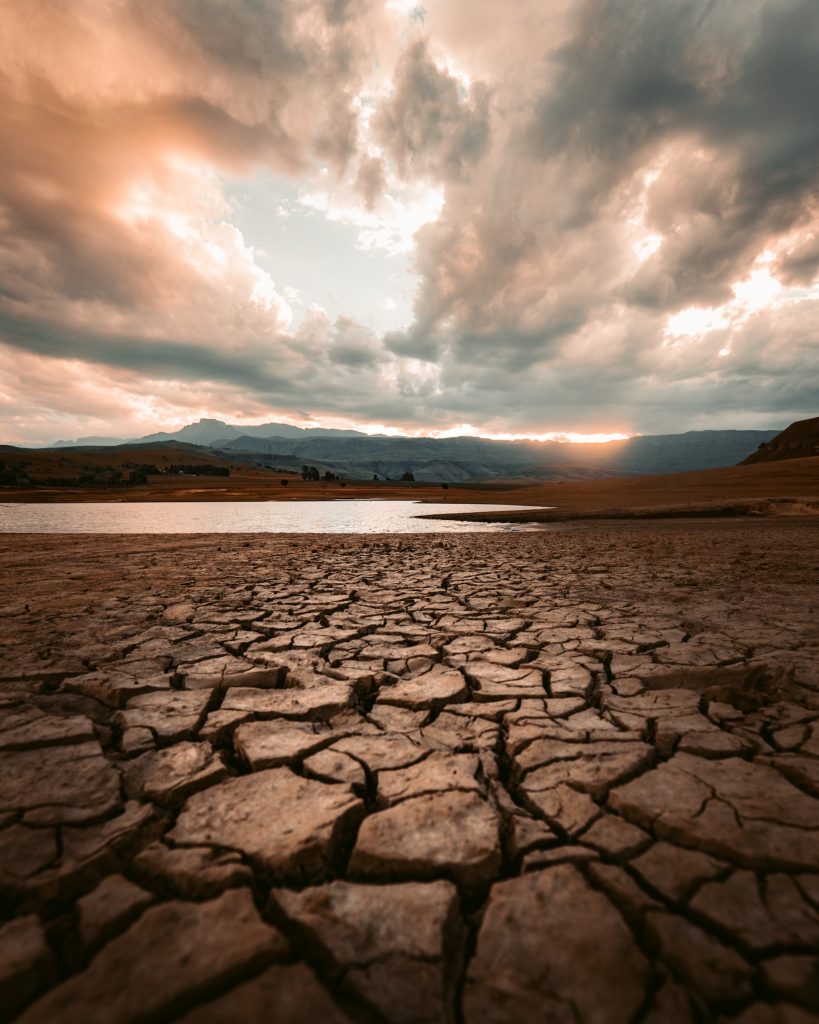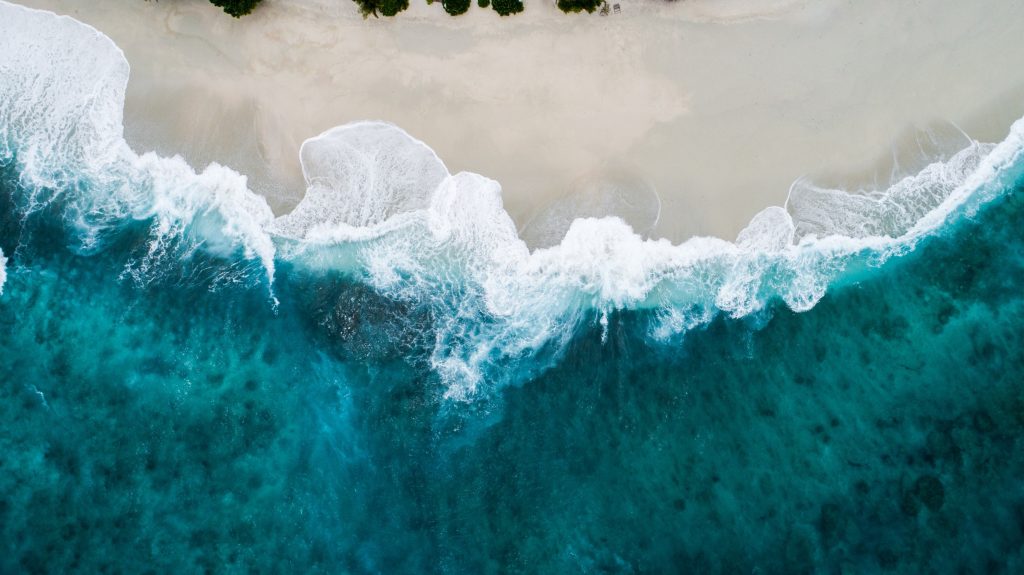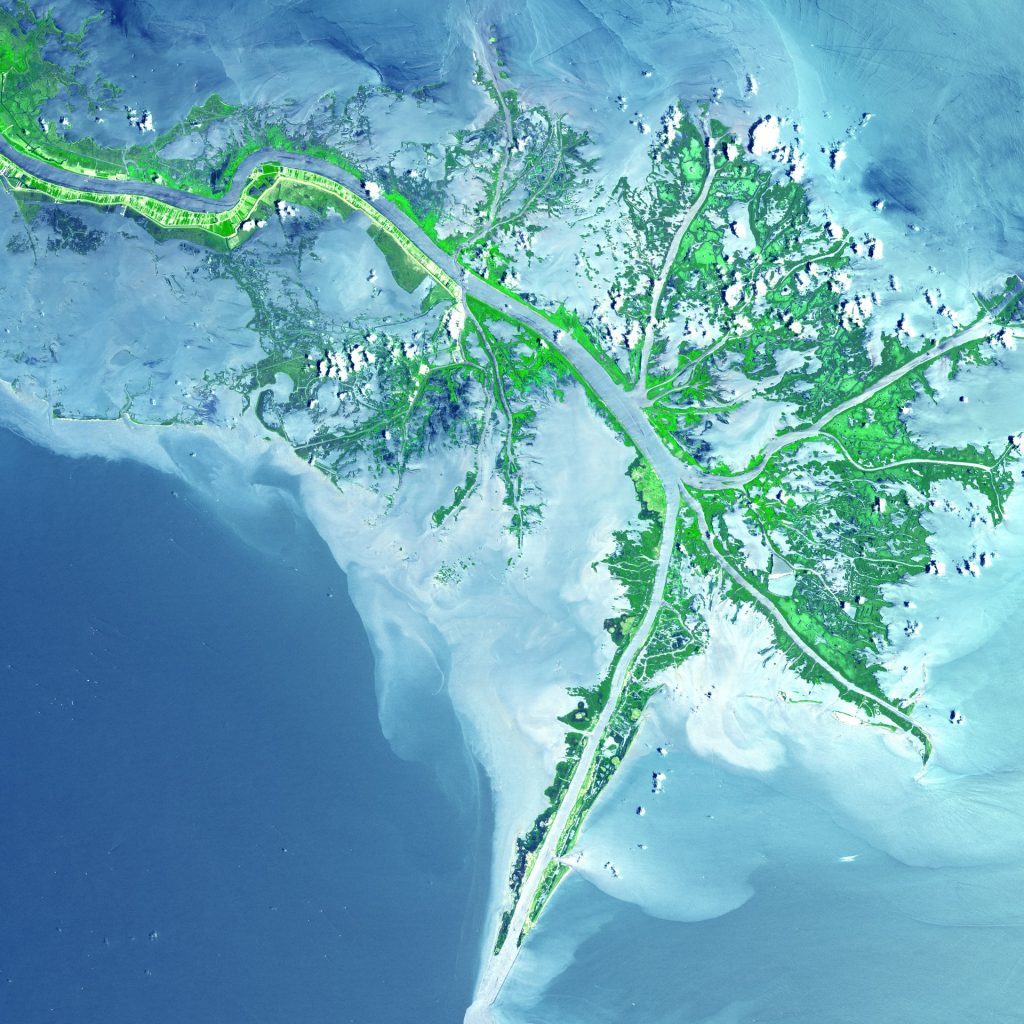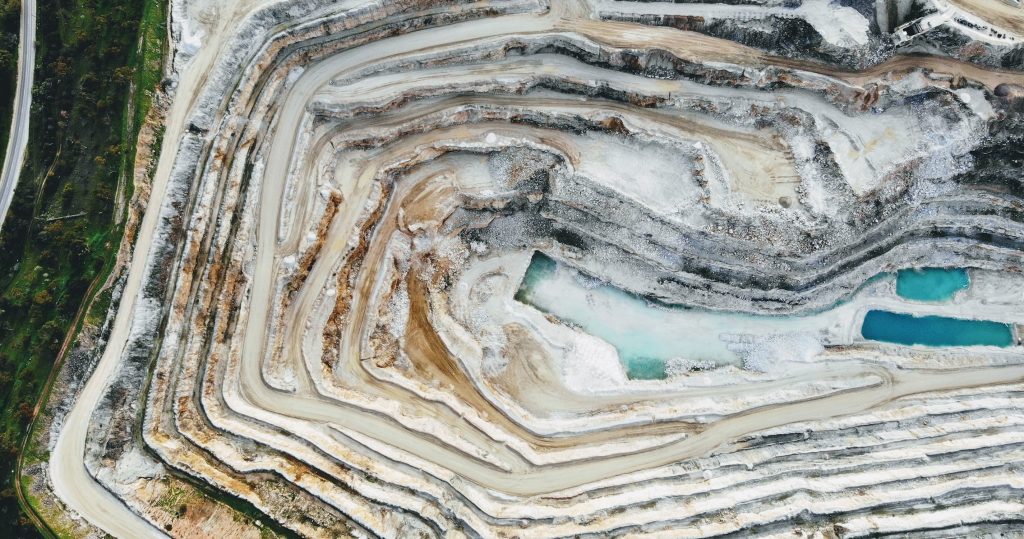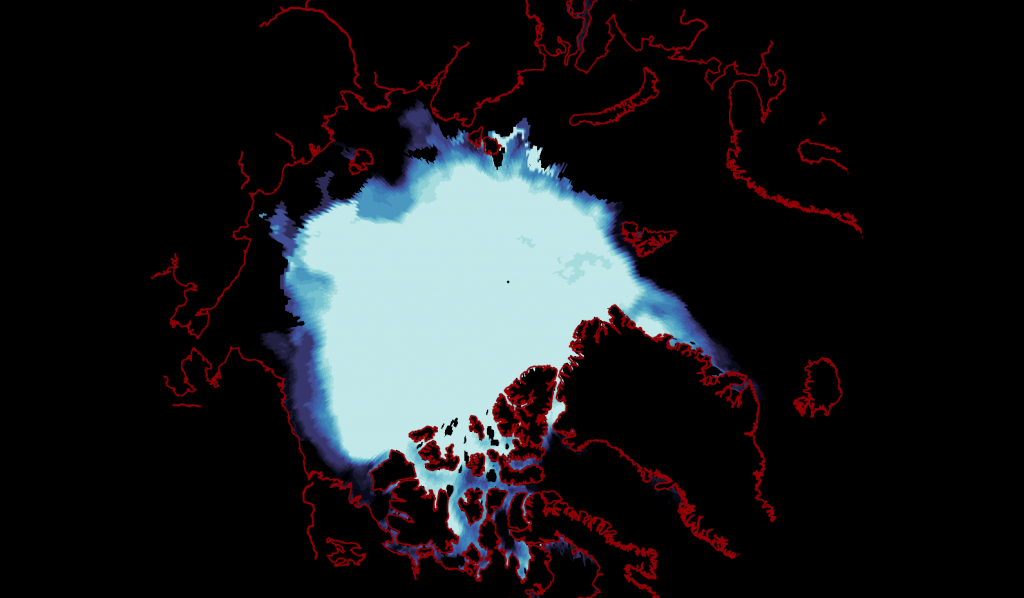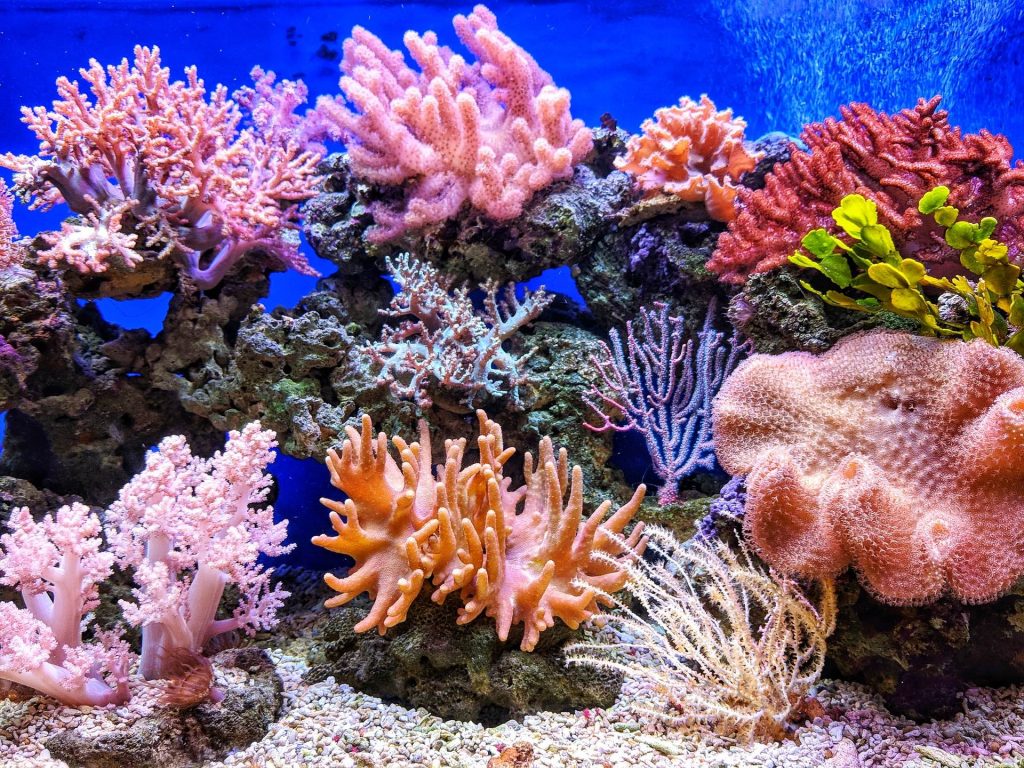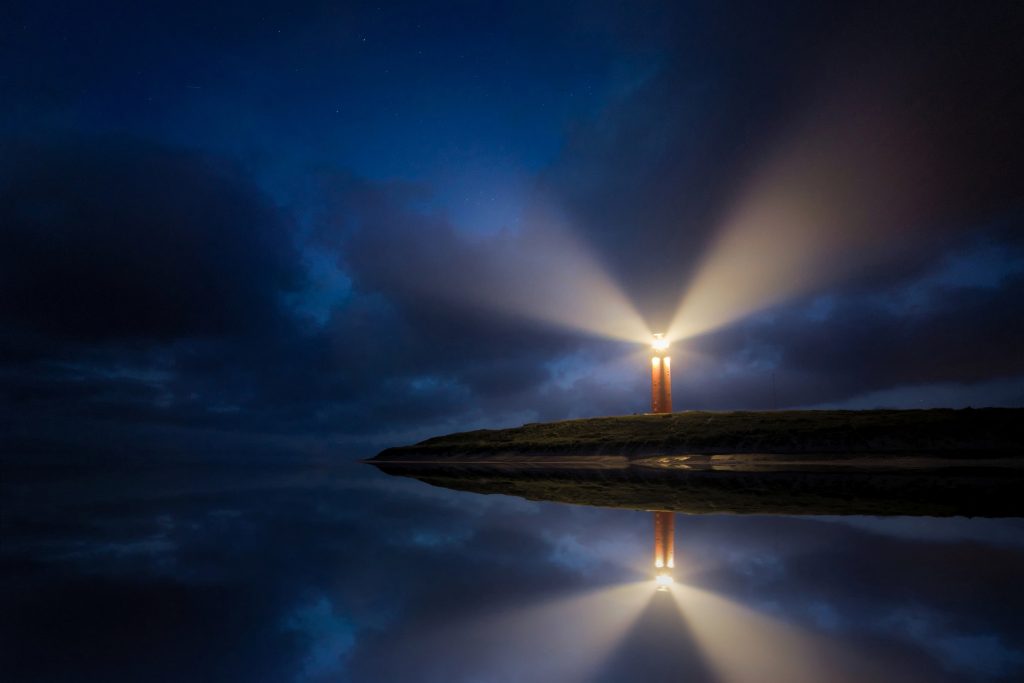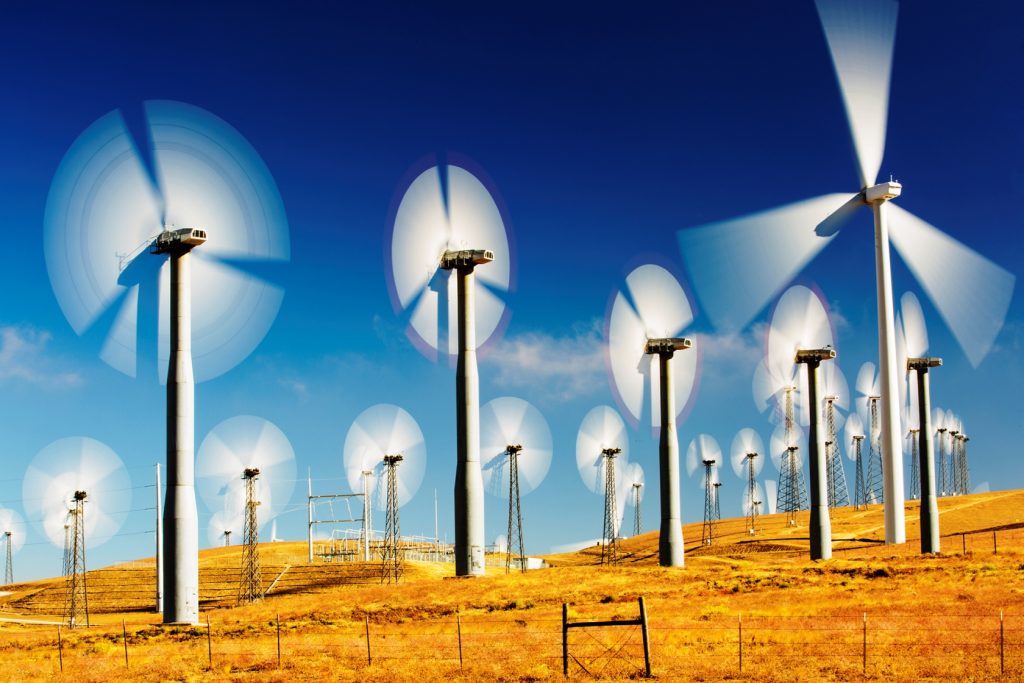
We are brokers of sustainability: The science, policy and business nexus
CEOs, shareholders, voters and policy-makers: there is a way of communicating with all of them that helps build a common, sustainable future. However, it requires a holistic perspective of the climate crisis. With experience in international diplomacy and private consultancy, the eclectic journalist Ione Anderson underscores what holds together business people in meeting rooms and young generations marching during climate strikes.

